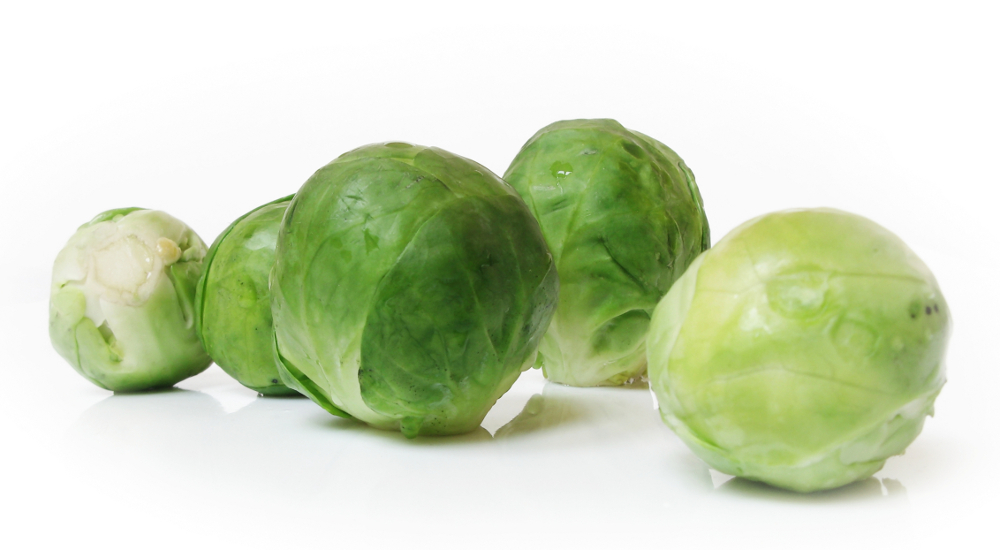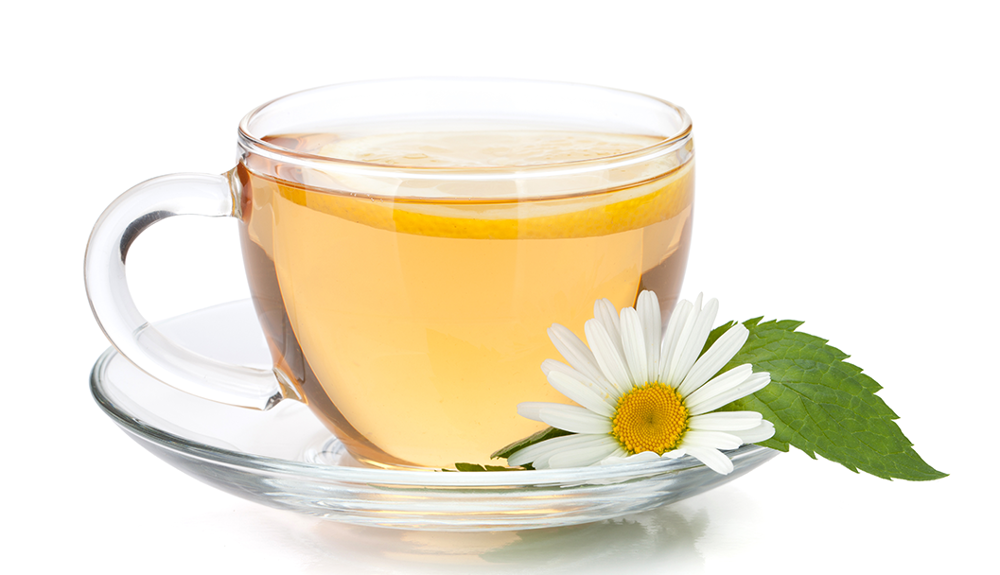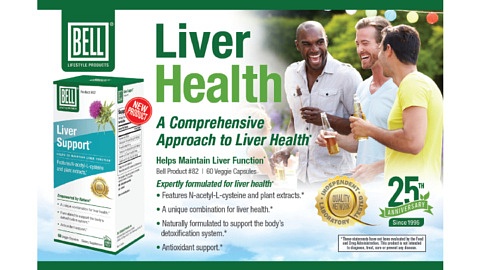The liver is an organ located within the abdomen, weighing approximately 3 lbs. This vital organ is part of the digestive system. Although there are many...
About the Author
Elaine Brisebois
Elaine is a Certified Nutritionist and Women’s Health Coach. She works with clients across the globe to help them improve their health and relationship with food. Elaine believes in a real food approach to health that is rooted in optimizing digestion and includes ongoing and intelligent cleansing. You can download her FREE Hip, Healthy & Holistic Makeover Guide to learn 5 simple things you can do every day to lose weight, increase energy, kick cravings, and feel beautiful inside & out.






